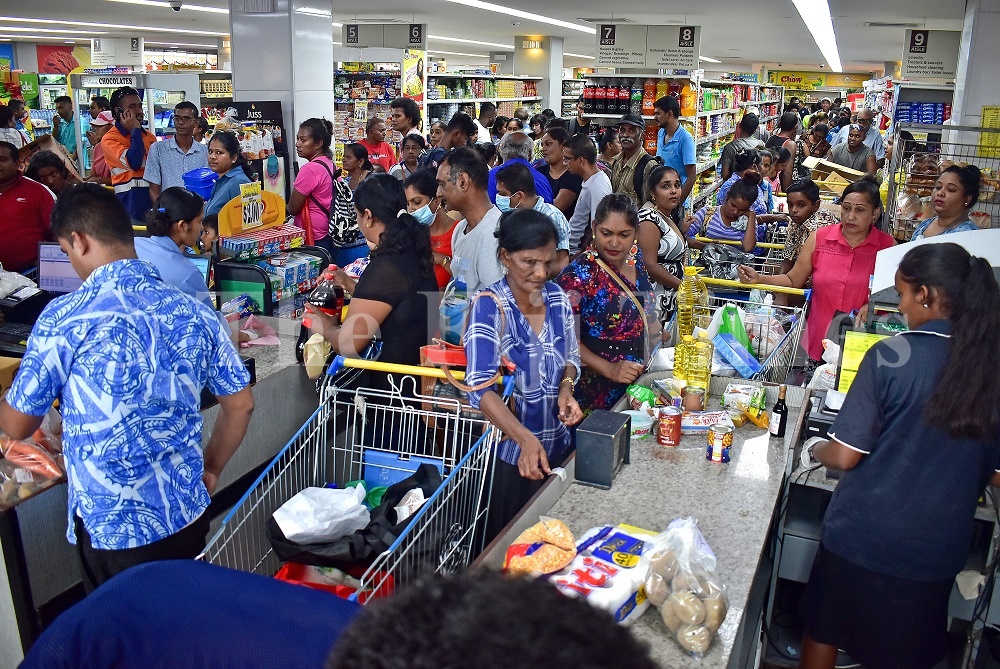Finance Minister Professor Biman Prasad says the cost of living in Fiji has been a topic of misinformation and debate.
He told The Fiji Times’ online news portal, The Lens@177, that in comparison to Australia and New Zealand, the cost of living in Fiji was lower due to capital gains and lower interest rates.
“I was talking to a lady who just returned from New Zealand, and she told me that the cost of living there was over the roof and nothing like what we have here,” Prof Prasad said.
“And I agree because we have a low interest rate, so that’s been an advantage to the people and investors.”
Prof Prasad said the last budget addressed this issue by implementing three tax rates: zero per cent, 9 per cent and 15 per cent.
“Zero per cent on 21 basic foods items and also prescribed medicines. Now the tax rate has been increased from 9 per cent to 15 per cent.”
He said some traders and wholesalers played around with these different tax rates and added 15 per cent to items that were already taxed at 9 per cent.
“However, after the policy was implemented, many food prices for some items have actually come down, while some increased due to being linked to international factors such as flour and fuel prices.
“The Government also reduced duties on certain food items, such as chicken portions and chicken wings and reduced freight costs.
“The Government also increased the income threshold for people earning below $30,000, ensuring that everyone had the same take-home pay.
“They also provided subsidies to agriculture farmers, such as fertiliser and sugarcane payments, to support their farming and make economic sense.”
In conclusion, Prof Prasad said the budget was well-crafted, made economic sense and social sense, consolidated the fiscal position and broke away from the “voodoo economics” of the past, which comprised of borrowing and spending.



